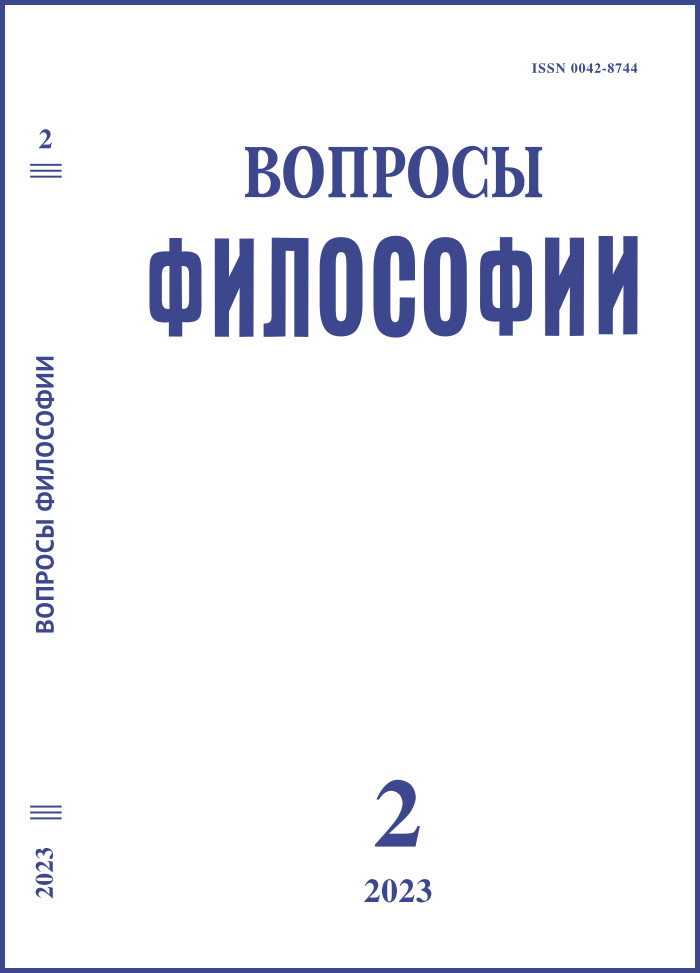Russia and Europe, Man and History in the Book by Vladimir Kantor “Dostoevsky’s Two Homelands: an Attempt at Comprehension”
DOI:
https://doi.org/10.21146/0042-8744-2023-2-132-142Keywords:
Vladimir K. Kantor, Fyodor Dostoevsky, Russia and Europe, Christianity, history, ideal, all-humanity, globalization, autarky, planetarity.Abstract
The article is a reflection on the book by the Russian writer and philosopher Vladimir Kantor, which examines the interaction in Dostoevsky’s creative consciousness of two historical and cultural streams coming from Russia and Europe, having a single source in Christianity and ultimately converging in the ideal of all-humanity. The relevance of the appearance of this book is shown, which, relying on Dostoevsky and European thinkers, raises the problem of the religious crisis and allows us to reveal the ethical and axiological content of the Russian idea in the aspect of the movement towards a new version of planetarity. The watershed is marked between the historiosophical model based on the idea of the civilizational alienation of Russia and the West to each other, and the vision of Dostoevsky, for whom Russia and Europe are spiritual sisters and co-workers in history, designed to transfer humanity from a state of enmity to a state of brotherhood.

